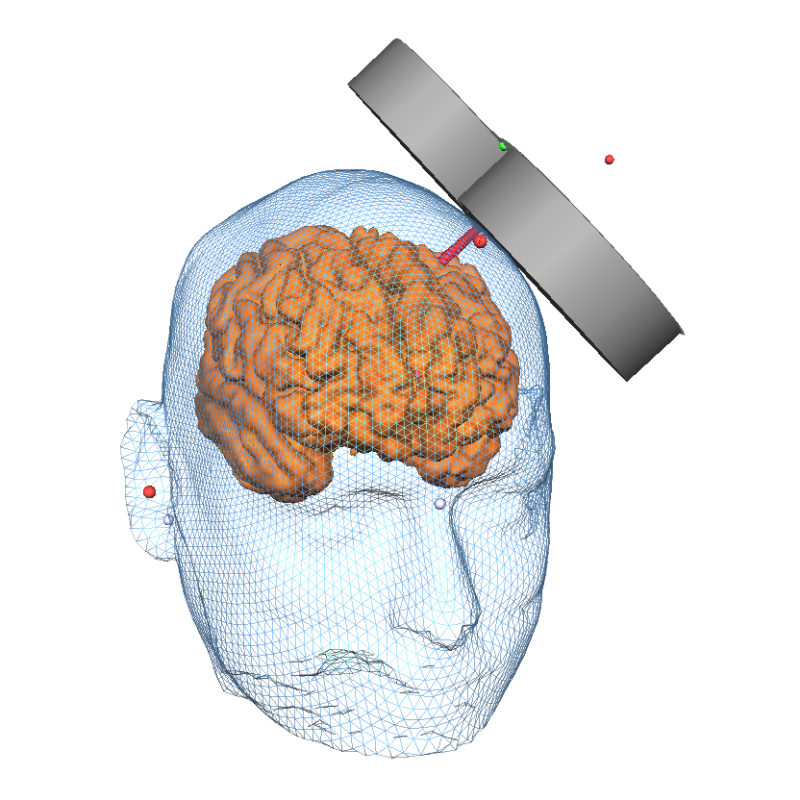Stroke is a type of cerebrovascular disease. Due to the infarction or bleeding of blood vessels in the brain, the brain tissue fails to get adequate oxygen and nutrients in time. The affected nerve cells are therefore permanently damaged, which in turn leads to various dysfunctions in body parts.
Symptoms of stroke may vary depending on the location and extent of damage to the brain, but the general symptoms are as follows:
- Weakness or numbness of the face, arm, or leg on one side of the body
- Loss of vision or dimming (like a curtain falling) in one or both eyes
- Loss of speech, difficulty in talking and swallowing
- Loss of balance or inability in walking
- Incontinence
Complications include:
- Limb motor dysfunction
- Limb sensory dysfunction
- Language disability
- Dysphagia, etc.
Stroke Rehabilitation
Patients suffering from stroke experience enormous difficulties in daily living. Their cognitive and motor functions are greatly inhibited. Studies have shown that even if the stroke patient receives timely emergency treatment, there will still be 15% to 30% of physical disabilities.
At present, patients with stroke have only relied on physiotherapy for rehabilitation, but it has failed to address the main cause of physical disability – the impairments in patients’ brains.
In view of this, TMS, which is a non-invasive technology that can directly stimulate the brain and modulate neuroactivities, is currently the focus of clinical research to assist patients with stroke rehabilitation.
TMS and Stroke Rehabilitation
TMS can regulate the cortical excitability of the cerebral cortex. This technology can selectively enhance or inhibit the function of specific regions of the brain to achieve regulation of brain function and neuroplasticity, thereby improving stroke patients’ cognitive and motor functioning.
In summary, clinical research finds that TMS can:
- Improve the excitability of the damaged part of the brain, accelerating the recovery time of the injury site
- Inhibit the non-injury parts of the brain, giving the injured area a better chance of repair
- Inhibit the non-injury sites in the brain, enhancing the response rate in patients with stroke
*Declaration: The application of TMS to stroke rehab is still experimental. Although some clinical studies have achieved positive results, this clinical application has not yet obtained FDA approval and CE mark.

 繁體中文
繁體中文 简体中文
简体中文
